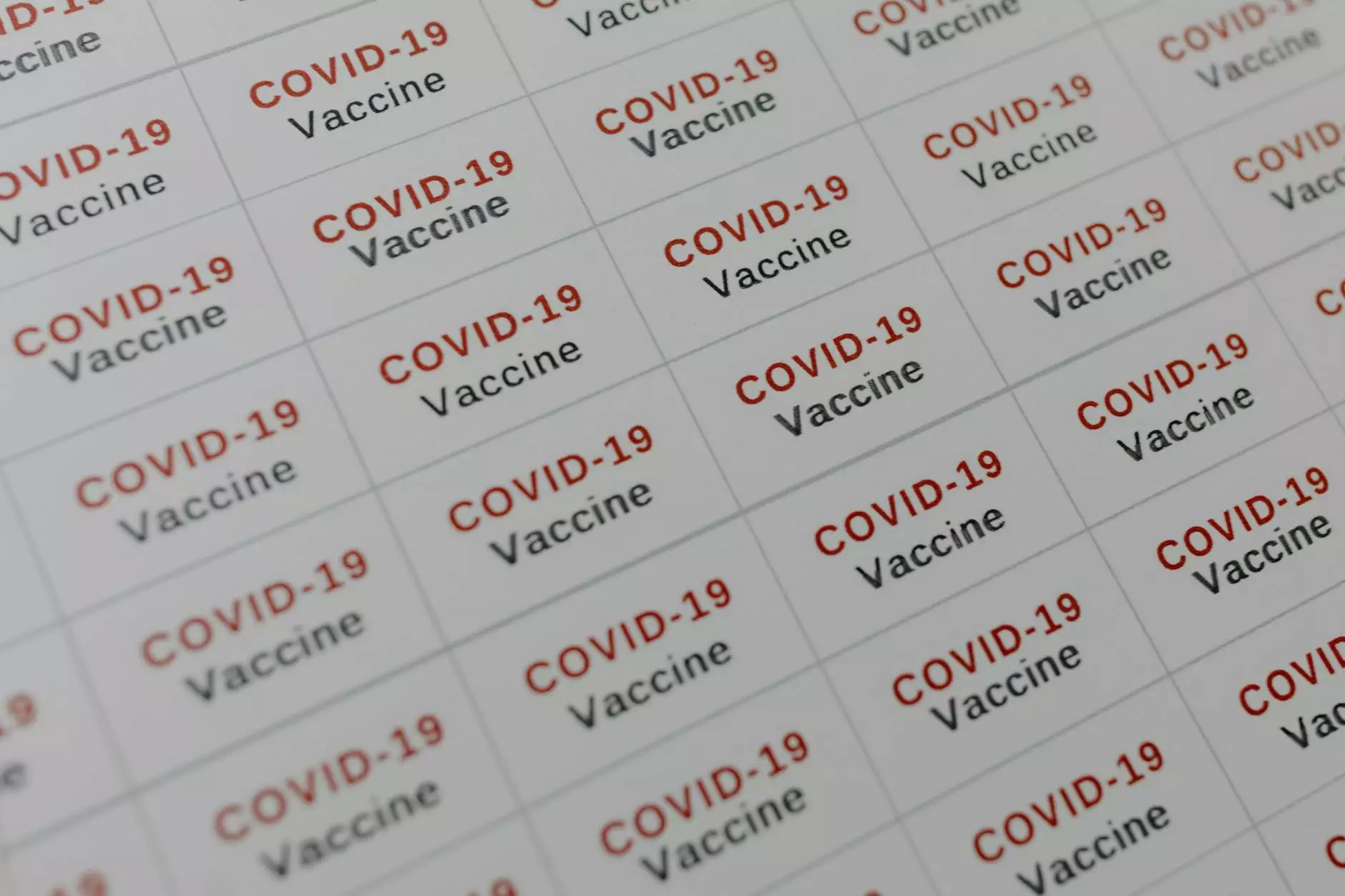The Transformative Power of CBD Cannabis in Modern Healthcare

In recent years, the landscape of health and wellness has undergone a significant transformation. More people than ever are turning to CBD cannabis for its myriad benefits, particularly in the realms of health and medical treatment. With research supporting its efficacy and a growing acceptance within alternative medicine, CBD cannabis is carving out a well-deserved niche in today's healthcare system.
Understanding CBD: The Non-Psychoactive Component of Cannabis
Cannabidiol (CBD) is one of over a hundred cannabinoids found in the cannabis plant. Unlike its more famous counterpart THC (tetrahydrocannabinol), CBD is non-psychoactive, meaning it won't give you the "high" associated with cannabis use. This quality makes CBD particularly appealing for those seeking therapeutic benefits without the intoxicating effects.
How Does CBD Work in the Body?
The human body contains an intricate network known as the endocannabinoid system (ECS), which plays a crucial role in regulating various physiological processes. CBD interacts with the ECS, promoting homeostasis—essentially helping the body maintain balance. This interaction can lead to various health benefits, making it a versatile tool in the realm of alternative medicine.
Health Benefits of CBD Cannabis
The potential health benefits of CBD cannabis are extensive and backed by both anecdotal evidence and ongoing research. Below are some notable areas where CBD has shown promise:
- Chronic Pain Relief: CBD has been shown to help manage chronic pain conditions, including arthritis and multiple sclerosis. By reducing inflammation, it can provide relief without the side effects common in traditional pain medications.
- Anxiety and Depression Management: Studies suggest that CBD can interact with receptors in the brain that regulate mood and stress. This makes it a potentially effective treatment for anxiety disorders and depression.
- Improved Sleep: Many users report that CBD helps them fall asleep faster and reduces insomnia, making it beneficial for those struggling with sleep disorders.
- Support for Neurodegenerative Diseases: Research is ongoing, but preliminary studies indicate that CBD could offer protective benefits for neurodegenerative diseases such as Alzheimer’s and Parkinson's.
- Skin Health: CBD's anti-inflammatory properties may help reduce acne and other skin conditions, offering a natural alternative for skincare.
CBD Cannabis in Medical Settings
As more healthcare providers embrace the use of CBD cannabis, it is becoming increasingly common in medical settings. Here’s how it’s being integrated:
1. Prescription Products
Some pharmaceutical companies have developed prescribed medications based on CBD, such as Epidiolex, which is approved for treating certain epilepsy conditions. This regulation ensures quality control and provides a pathway for patients to access the benefits of CBD cannabis.
2. Integration in Treatment Plans
Healthcare professionals are starting to integrate CBD into comprehensive treatment plans, considering patient histories and specific health conditions. This tailored approach helps maximize the therapeutic benefits of CBD while minimizing potential drawbacks.
Choosing the Right CBD Product
With the rise in popularity of CBD cannabis, the market is flooded with various products. Here are some tips for choosing the right one:
- Source: Always opt for products from reputable sources that provide transparency regarding their sourcing and production processes.
- Third-Party Testing: Look for products that are third-party tested for quality and potency. This ensures that what’s on the label matches what’s in the bottle.
- Full-Spectrum vs. Isolate: Decide whether you prefer a full-spectrum product, which contains multiple cannabinoids, terpenes, and other beneficial compounds, or an isolate, which contains just CBD.
- Use Case: Consider what you are using CBD for and choose the type (oil, capsule, topical, etc.) that fits your needs best.
The Legal Landscape of CBD Cannabis
The legal status of CBD cannabis varies greatly by location, creating complexity for consumers and businesses alike. In many regions, CBD derived from hemp is legal, thanks to the 2018 Farm Bill in the United States, which legalized hemp cultivation. However, state laws still vary, so it's crucial for individuals to be informed about the regulations in their area.
Understanding THC Content
For CBD products to remain compliant with federal law, they must contain less than 0.3% THC. Products exceeding this limit may be classified as controlled substances. Therefore, understanding the THC content in CBD products is essential for consumers, especially those in states with strict cannabis laws.
Consumer Education and Awareness
As the demand for CBD cannabis continues to grow, consumer education is pivotal. Understanding the different types of products, their potential benefits, and risks involved can empower consumers to make informed decisions.
Common Misconceptions about CBD
- CBD Will Get You High: As mentioned earlier, CBD is non-psychoactive and will not produce a high like THC.
- All CBD Products Are the Same: The quality and efficacy of CBD products can vary significantly based on sourcing and extraction methods.
- CBD Is a Cure-All: While CBD has many potential benefits, it is not a panacea and should be used as part of a broader health strategy.
Personal Stories: The Impact of CBD Cannabis
To illustrate the power of CBD cannabis, it can be beneficial to consider personal stories from individuals who have integrated CBD into their health regimens:
Case Study: Relief from Chronic Pain
One patient suffered from debilitating chronic pain due to a past injury. Traditional painkillers had provided limited relief and led to unwanted side effects. After consulting with a healthcare provider, they decided to try CBD. Within a few weeks, they experienced a significant reduction in pain levels, allowing them to return to their normal activities.
Case Study: Managing Anxiety
A young professional struggled with anxiety that impacted their ability to perform at work. After trying several conventional treatments with little success, they turned to CBD. The calming effects of CBD reduced their anxiety levels, greatly improving their productivity and overall sense of well-being.
The Future of CBD Cannabis in Healthcare
As research continues and public perception shifts, the role of CBD cannabis in healthcare appears poised for significant growth. Emerging studies are exploring its use in diverse areas, such as:
- Oncology: Potential benefits for patients undergoing chemotherapy.
- Pediatric Applications: Exploring its use in treating epilepsy and other neurological disorders in children.
- Integrative Medicine: How CBD can complement traditional medical therapies.
Conclusion: Embracing CBD Cannabis in Modern Medicine
The integration of CBD cannabis into healthcare represents a promising avenue for addressing a variety of health issues in a more natural, holistic manner. As we continue to uncover the therapeutic benefits associated with CBD, it is essential that both consumers and healthcare professionals stay informed, promoting safe and effective use. Whether for pain management, anxiety relief, or skincare, the future of CBD looks bright and full of potential.
For those looking to explore the benefits of CBD cannabis, Cannabis Medicinal EC provides a wealth of information and offers a variety of high-quality products to suit individual needs. Let's embrace the power of CBD in our quest for better health and wellness!









